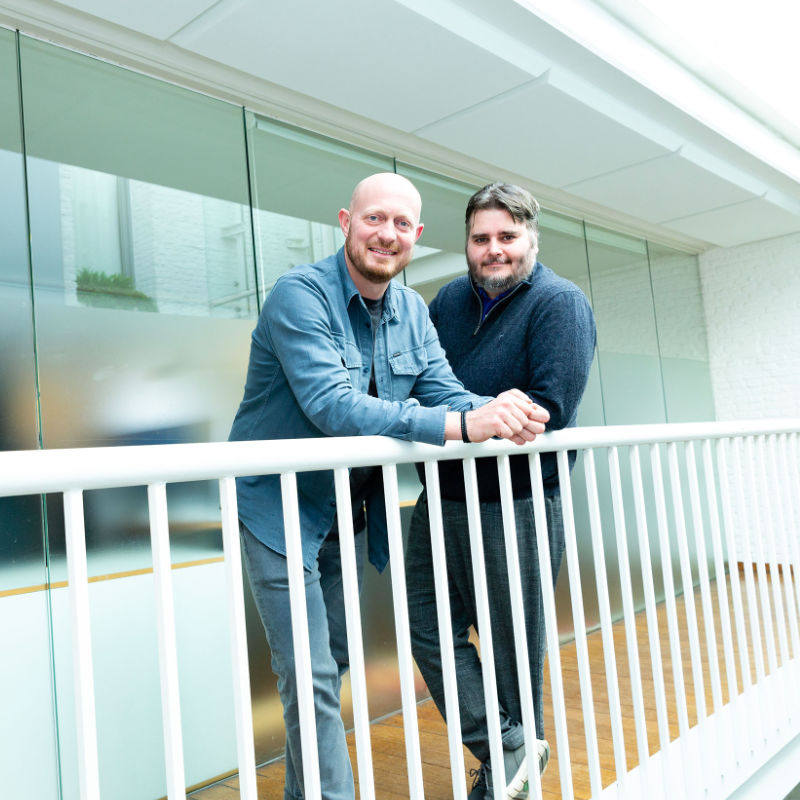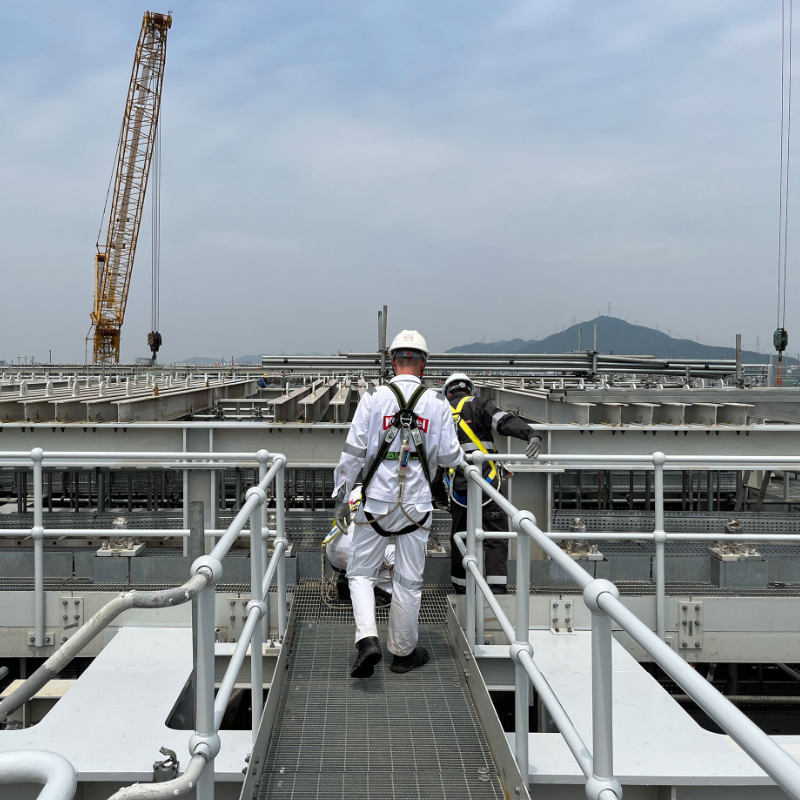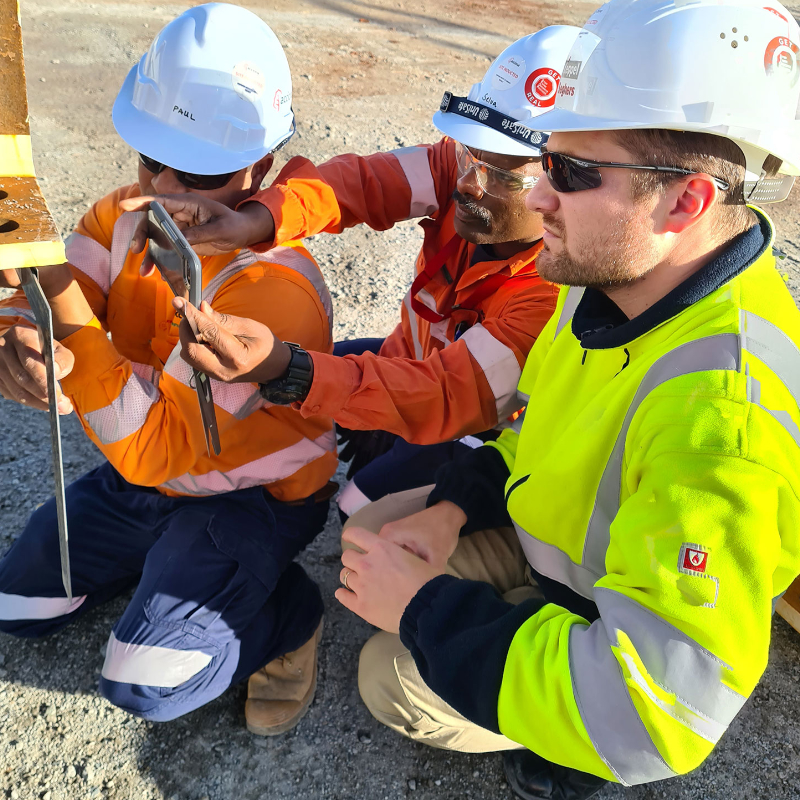In the context of Waste-to-Energy projects, the collective effort of site management directly influences the bottom line. Efficient teamwork leads to optimised resource use, timely project completion, and minimization of costly errors or delays. Conversely, a disjointed team can result in miscommunications, inefficiencies, and increased expenses, all of which can turn a potentially profitable project into a financial disappointment. Thus, the cohesiveness and effectiveness of the site management team are pivotal in steering the project towards profitability.
 https://www.keppelseghersbelgium.com/wp-content/uploads/2024/01/KSBE_00050.jpg
1750
2560
KSBE_admin
https://www.keppelseghersbelgium.com/wp-content/uploads/2024/04/Keppel-Seghers1.png
KSBE_admin2024-02-08 12:06:502024-03-20 15:37:41Meet – Steven Tipler, Process Engineer
https://www.keppelseghersbelgium.com/wp-content/uploads/2024/01/KSBE_00050.jpg
1750
2560
KSBE_admin
https://www.keppelseghersbelgium.com/wp-content/uploads/2024/04/Keppel-Seghers1.png
KSBE_admin2024-02-08 12:06:502024-03-20 15:37:41Meet – Steven Tipler, Process Engineer





